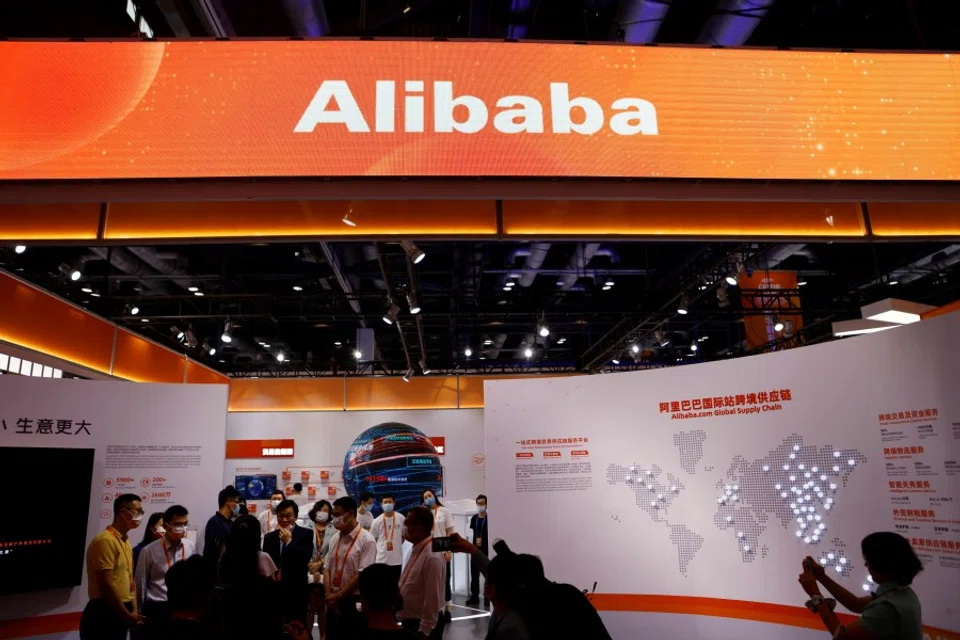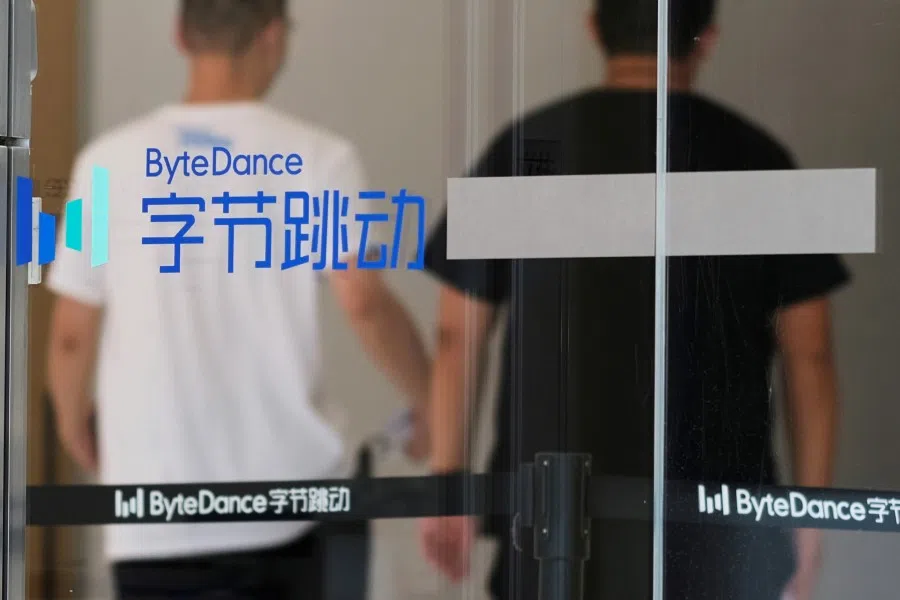How internet giants' monopolistic practices hurt SMEs in China
Internet giants in China have been engaging in monopolistic practices that hurt the development of small- and medium-sized enterprises, says technology specialist Yin Ruizhi. As such, these practices will be dealt with by the government if the platforms themselves do not find ways to resolve them. Is this another move towards "common prosperity"?

To analyse what regulations China's internet platforms may face, we have to start by looking at the negative externalities of internet platforms.
There are two areas where internet platforms will be hit in the future. First, a direction that the government has already made clear: to stop internet platforms from forcing merchants to "choose one out of two" (二选一), or using only one platform as their exclusive distribution channel. Second, a direction that will be pushed, whether the internet platforms do it voluntarily or are made to comply: removing the control that platforms have over merchants' traffic and self-promotion.
Unhealthy monopolistic practices
We will focus on analysing why the second trend will surface in future.
On Taobao now, if a merchant starts a new fashion e-store selling dresses, generally there are three ways to get customers. First, pay Taobao directly for advertisements to direct browsers and online customers searching for "dress" to the site, and pay fees according to the number of clicks. Second, put up short video advertisements on Douyin and Kuaishou to advertise their dresses and direct customers clicking on the ad links to the Taobao e-store. Third, advertise on traditional media such as TV stations to build a brand, so that people will directly search for that brand on Taobao and create traffic.
WeChat and Baidu - currently and formerly China's biggest platform in terms of traffic - are both on Alibaba's watch list. For example, one cannot search for the brand ZARA on Baidu and be linked directly to ZARA's official store on Taobao...

Small- and medium-sized outfits cannot go for the third option because of budget constraints. They can only count on search terms or targeted advertisements on internet celebrity channels.
Platforms like Alibaba can reap in greater profits from internal platform advertising if merchants have fewer external advertising options (such as Douyin). So, in lieu of comprehensive anti-monopoly regulations, Alibaba could exert direct control over merchant traffic as well as advertising sources on its platform.
WeChat and Baidu - currently and formerly China's biggest platform in terms of traffic - are both on Alibaba's watch list. For example, one can neither search for the brand ZARA on Baidu and be linked directly to ZARA's official store on Taobao, nor add a direct link to ZARA's Taobao flagship store on a WeChat public account or group chat for users to click on.
Such actions ensure Alibaba's high profits in targeted advertising, while small- and medium-sized merchants incur high costs to gain customers - this is a negative externality for China's retail and business environment. Any monopolistic practices that are not conducive to the survival and growth of small- and medium-sized businesses are what the government will adjust or even clamp down on.
Privacy issues exacerbate the problem
Worse, due to privacy controls, merchants now face an increased cost for each advertisement transaction.
Before privacy controls, merchants had various ways to gain direct access to users gained through targeted advertising despite clampdowns by platforms, such as offering after-sales service or customer recommendations. Users who have the merchants' mobile numbers and add them on WeChat become the latter's private clientele, allowing the merchants to move away from internet platforms - this is known as private domain traffic.

The downside of private domain traffic is that small- and medium-sized merchants often push commercial communications too frequently to clients, which can be annoying. Some of them even exchange or sell client contacts (especially mobile numbers) among themselves for greater benefits, which violates user privacy.
With increasingly strict protection of user privacy, such a model will definitely be reined in. This is good for users, but would indirectly drive up merchants' user acquisition cost.
Under the previous model, after a merchant has acquired a user, before the user gets irritated by the merchant's ads, they will remain in the merchant's private domain traffic for a period of time, during which the merchant can directly push product information for free to the user to stimulate sales, lowering user acquisition cost.
Privacy protection regulation will force merchants to be more dependent on paid target advertising to gain users, which ultimately is no good for the survival of small- and medium-sized businesses.
Recently, Alibaba and Tencent met with no regulatory agencies present to start discussions on opening up to each other, indirectly proving this trend.
The only solution is to bring in more - and more flexible - advertising methods, and expand advertising supply to bring down advertising costs through competition between more market suppliers.
Once high-traffic players like Tencent and Baidu become a source of advertising for e-merchants, platforms like Tencent and ByteDance, which generate sales for merchants from traffic, will benefit. But this will spell bad news for platforms like Alibaba and Meituan, which pocket cash from traffic.
Recently, Alibaba and Tencent met with no regulatory agencies present to start discussions on opening up to each other, indirectly proving this trend.
Related: From heroes to pests: What's happening to China's internet giants? | What the Chinese government wants to tell Alibaba and China's tech giants [Part II] | Chinese academic: Developing nations must be wary of internet platform companies and their capital | After reining in the tutoring sector, will the Chinese government target internet titans next? | If not the US, can the Chinese government provide better IPO choices for internet companies?





